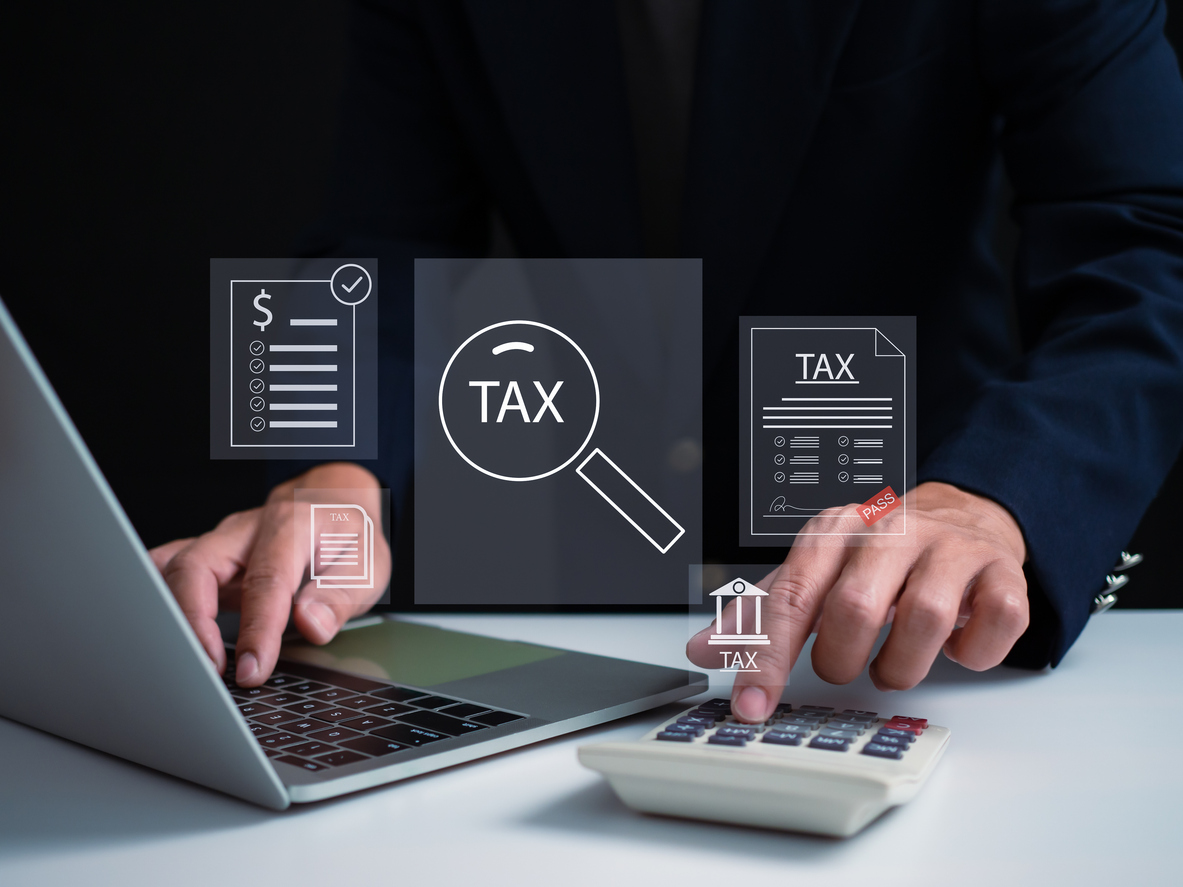Tax season can feel overwhelming, but being prepared makes all the difference. Whether you’re filing taxes for the first time or you’re a seasoned filer, having a tax preparation checklist will help you stay organized and confident throughout the process. Most people find tax preparation stressful simply because they don’t know where to start. The good news is that with proper planning and organization, you can make the process much smoother and potentially even save money on your tax bill.
Income Documents: The Foundation of Your Tax Return
Your income documents form the backbone of your tax return. The most common form is the W-2, which your employer provides to show your annual earnings and tax withholdings. But income can come from many sources, and each has its own documentation requirements. The IRS matches the information you report with records from employers, banks, and other financial institutions, so accuracy is essential.
For your tax documents checklist, gather these essential income-related items:
- W-2 forms from all employers
- 1099-NEC forms for independent contractor work
- 1099-INT statements for interest earned
- 1099-DIV forms for dividend income
- Social Security benefit statements
- Retirement account distributions
Understanding Deductions and Credits
Deductions and credits can significantly reduce your tax burden, but many people overlook these valuable opportunities simply because they don’t have the right documentation. The key is knowing what to save throughout the year. Every receipt and statement could potentially lead to tax savings, so it’s better to save more documentation than you think you might need.
Most taxpayers benefit from tracking these common deductible expenses:
- Mortgage interest and property tax payments
- Charitable contributions
- Medical and dental expenses
- Student loan interest
- Child care costs
- Education expenses
The Self-Employed Tax Situation
Running your own business adds another layer to tax preparation, but staying organized throughout the year makes filing much smoother. As a self-employed individual, maintaining clear records of your income and expenses is vital for accurate tax filing. Self-employed individuals often have additional tax obligations, including quarterly estimated tax payments and self-employment tax calculations.
Keep detailed records of your business transactions, including:
- Income from all sources
- Business-related expenses
- Vehicle mileage for business travel
- Home office costs
- Equipment purchases and depreciation
- Business insurance payments
Investment and Property Considerations
For investors and property owners, tax preparation requires additional attention to detail. Capital gains, losses, and rental income can significantly impact your tax situation. The IRS requires specific documentation to verify these transactions, so maintaining good records is essential. Real estate investors should pay particular attention to depreciation schedules and improvement expenses, as these can affect both current tax bills and future capital gains calculations.
Life Changes Matter
Major life events can have substantial tax implications. Getting married, having a child, buying a home, or changing jobs may affect your tax status and available deductions. If you’ve experienced any significant life changes this year, make sure you have the supporting documentation ready for tax filing. These changes often open up new tax benefits or credits you may not have been eligible for previously.
Smart Strategies for Document Organization
Rather than scrambling to find documents at the last minute, develop a system that works for you. Set up a dedicated folder, either physical or digital, to collect tax documents throughout the year. Consider scanning paper documents as they arrive to create a backup copy. Many taxpayers find that digital organization systems help them track everything more efficiently.
Follow these practical steps to stay organized:
- Create a tax document checklist early in the year
- Set up email folders for electronic tax documents
- Review your records quarterly to identify any gaps
- Keep receipts organized by category
- Store digital backups of all important documents
Planning Makes Perfect
According to the IRS, early preparation is key to a smooth tax filing experience. Starting early gives you time to gather missing documents, review your records thoroughly, and seek professional help if needed. Many tax benefits require planning and action before the tax year ends, so staying informed throughout the year is important.
Remember that tax laws change frequently, and keeping up with these changes can be challenging. While personal tax filing tips can help you prepare, sometimes professional guidance makes sense, especially if your tax situation is complex. Tax planning shouldn’t be a once-a-year event – regular review and organization can help you maximize your tax advantages and minimize stress during filing season.
Professional Support When You Need It
When you’re ready to file your taxes, consider working with Deligans Tax Partners, LLC. Our team offers comprehensive tax services, including individual tax preparation, business tax filing, and bookkeeping services. We stay current with tax law changes and can help ensure you’re taking advantage of all available deductions and credits. Contact us today to make your tax season stress-free and ensure you’re maximizing every tax advantage available to you.
